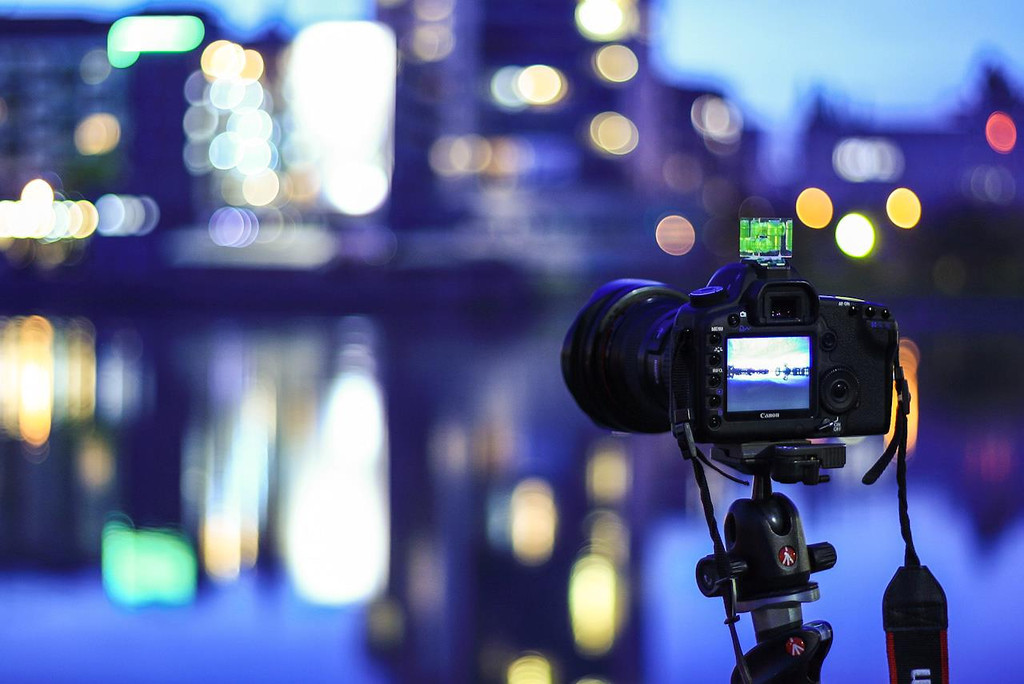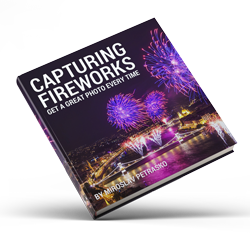From time to time, my blog post is about something else than just a photo. And so those posts don’t get lost in all the other posts, I created this separate page for them. And as their are mostly my thoughts on different subject, that’s what I called it :)
And here they are:
- Can you learn from EXIF?
- Is my work worthless?
- Is it crazy to do a daily photoblog?
- Don’t do this on Facebook
- Two years with Magic Lantern
- Few tips for Photoengine
- Determining the position of the Sun
- Why use manual focusing
- No tripods allowed
- What is HDR and why it’s used?
- Metering exposure for HDR
- What is CC license and why I use it
- 11 tips for Lightroom
- 11 common HDR mistakes
- HDR in Lightroom
- Editing the RAW exif data
- Most useful blending modes
- What not to forget
- How to take long exposure photos
There will be more here, once I write more of them :)





